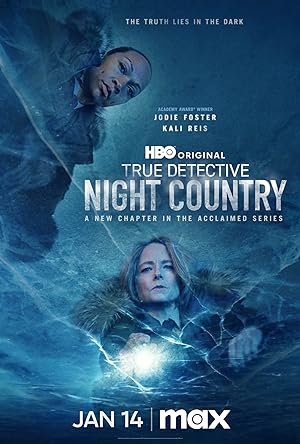I think that part of the fun of watching the first season of True Detective was doing it as the show aired-as a weekly existential thriller. By the conclusion of eight episodes, either you were satisfied with the answers or you weren’t, but True Detective was one of the few shows where watching it unfold in real time as opposed to binge watching it in one sitting was more enjoyable because of the post-show theorizing by fans and professional tv reviewers. What could generally be agreed upon: the acting was outstanding, HBO’s fascination over Louisiana’s weirdness was officially a thing and the final ambitious no cuts/long take sequence at the end of episode 4 was one of the best in visual history. Remember that the long take is rarely attempted except in films like Orson Wells’ Touch of Evil, Robert Altman’s The Player, Brian DePalma’s Snake Eyes and Alfonso Cuaron’s Children of Men, then remember that True Detective is a tv show, and it arguably did it better. For that alone, Cary Joji Fukunaga deserves credit, but at its worst, in episode 3, True Detective felt like a bunch of Facebook memes strung together for the benefit of a neglected male audience missing the approach of a Lifetime series. I felt let down by the denouement, and though I rewatched many episodes soon after airing, I no longer had a desire to rewatch the whole series. I even started reading The King in Yellow, but I soon put it aside. I was promised Chthulu. It was Lost all over again, but unlike Lost, True Detective wasn’t a complete waste-there were answers. I just thought they weren’t as ambitious as the show. It was the apocalypse as personal, not global. Each season of True Detective is supposed to be unrelated and a self-contained story. I would not recommend it because, hello, it is a HBO series so there is explicit sex and violence; however, it is integral to the story line. If you’re alright with keeping your expectations manageable, then go for it.





